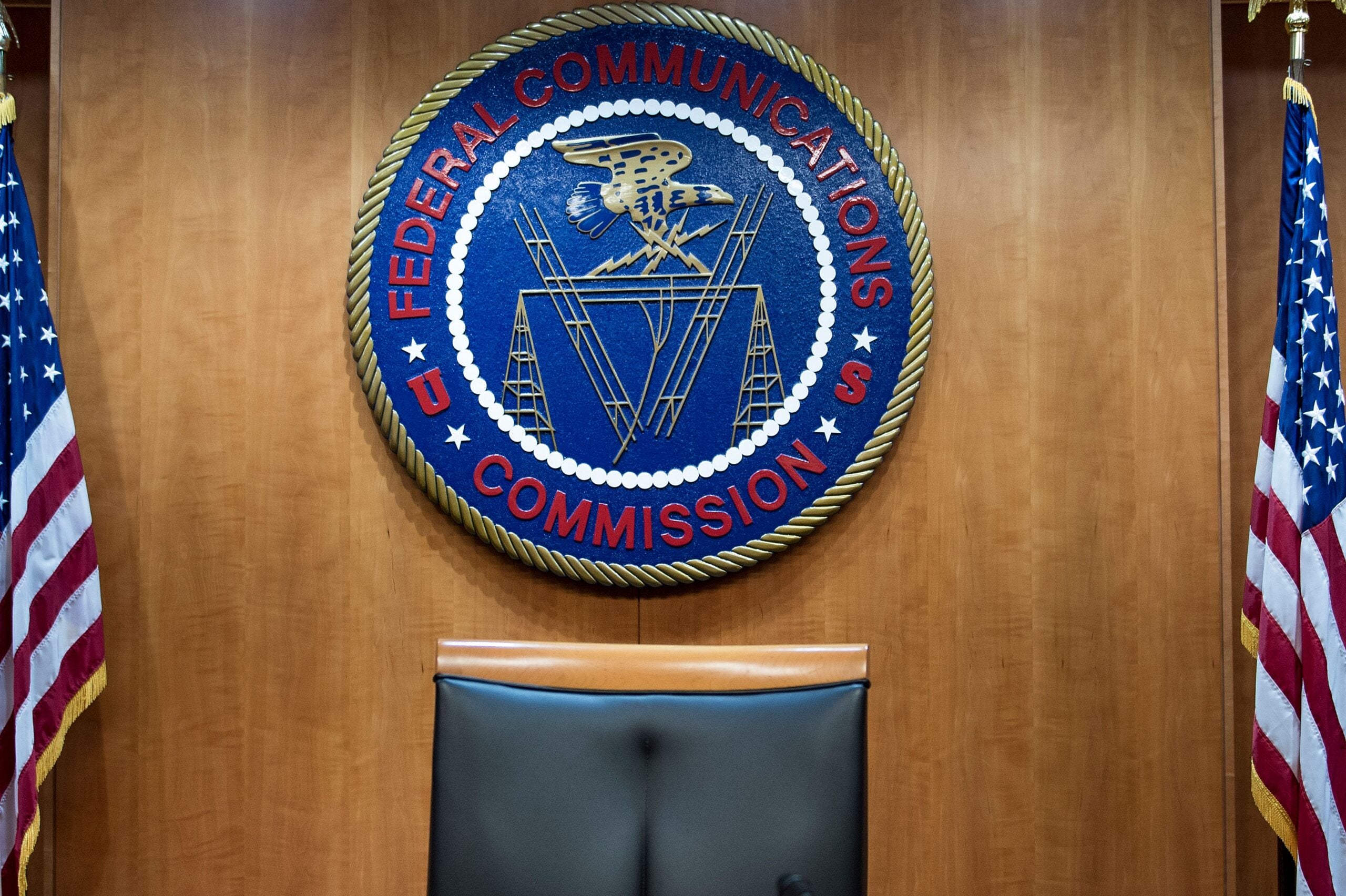
The US Federal Communications Commission (FCC) voted unanimously on Thursday to advance a plan to ban approvals for the usage of Chinese telecom equipment from companies deemed a threat to US national security. Under the new rules, equipment authorisations previously issued could also be revoked.
It was also reported that US President Joe Biden touted an executive order that would force some Chinese apps to take tougher measures to protect private information if they want to operate in the US.

Access deeper industry intelligence
Experience unmatched clarity with a single platform that combines unique data, AI, and human expertise.
The US Department of Commerce may issue subpoenas to collect information about certain smartphone, tablet and desktop computer software applications. Then the agency may negotiate conditions for their uses in the US or ban the apps, as Reuters reported citing people familiar with the matter.
These new regulations are the latest chapter in the ongoing trade war between Washington and Beijing. The ban on Chinese equipment providers and apps is primarily aimed at keeping foreign adversaries from gaining access to large amounts of personal data on US citizens and proprietary business information.
Under the FCC’s new rules, Chinese tech giants including Huawei and ZTE could face even tougher sanctions from the US and its allies. The new proposal was therefore met with ample opposition from authorities in Beijing and from the companies affected. A Huawei spokesperson told Reuters that the FCC revision was “misguided and unnecessarily punitive”.
Acting FCC Chairwoman Jessica Rosenworcel said the new measures would “exclude untrustworthy equipment from our communications networks… We have left open opportunities for (Huawei and other Chinese equipment) use in the United States through our equipment authorisation process. So here we propose to close that door.”

US Tariffs are shifting - will you react or anticipate?
Don’t let policy changes catch you off guard. Stay proactive with real-time data and expert analysis.
By GlobalDataFCC Commissioner Brendan Carr said the FCC had approved more than 3,000 applications from Huawei since 2018.
The new rule would prohibit all future authorisations for communications equipment deemed to pose an unacceptable risk to national security.
“The United States, without any evidence, still abuses national security and state power to suppress Chinese companies,” said Zhao Lijian, a spokesperson at China’s Ministry of Foreign Affairs. “Once again, we urge the US to stop stretching the concept of national security and stop politicising economic issues.”
Rosenworcel said the FCC would vote in July to finalise the rules overseeing the reimbursement fund.
Biden’s new ban
Meanwhile, the White House is reportedly ramping up its efforts to keep Chinese apps from tracking user data. Following Biden’s latest executive order, Chinese apps will need to take stricter measures to protect private information if they want to continue operating in the US.
Officials share many of the concerns Trump cited in his order banning TikTok, one person familiar with the matter told Reuters. Notably, they fear that China could track the locations of US government employees, build dossiers of personal information for blackmail and conduct corporate espionage.
On June 9th, the White House withdrew a series of executive orders that sought to ban new WeChat and TikTok downloads, revoking a Trump-era plan to block new users from downloading the popular apps owned by Chinese companies Tencent and ByteDance respectively.
While Biden’s latest executive order does not name companies, it could end up capturing more apps than the Trump bans and hold up better if challenged in court, according to Reuters.
The battle with Beijing continues
In March, the FCC designated five Chinese companies as threats to national security: Huawei and ZTE, as well as Hytera Communications, Hangzhou Hikvision Digital Technology and Zhejiang Dahua Technology. Shortly after, it further ejected two Chinese telcos – China Unicom Americas and Pacific Networks – from the US market.
Huawei and ZTE have also been targeted by additional US government sanctions. Among others, the two companies are included on the so-called Entity List, banning them from doing business with US companies and their allies.
China’s major telecom equipment providers have also been banned from receiving US investments. Recently, President Biden expanded that ban, adding 28 Chinese tech firms to the blacklist.
In response to the move, the Chinese Ministry of Foreign Affairs suggested it would retaliate. Indeed, last week, China passed the “Anti-Foreign Sanctions Law” and the “Data Security Law” aimed at countering foreign sanctions.






